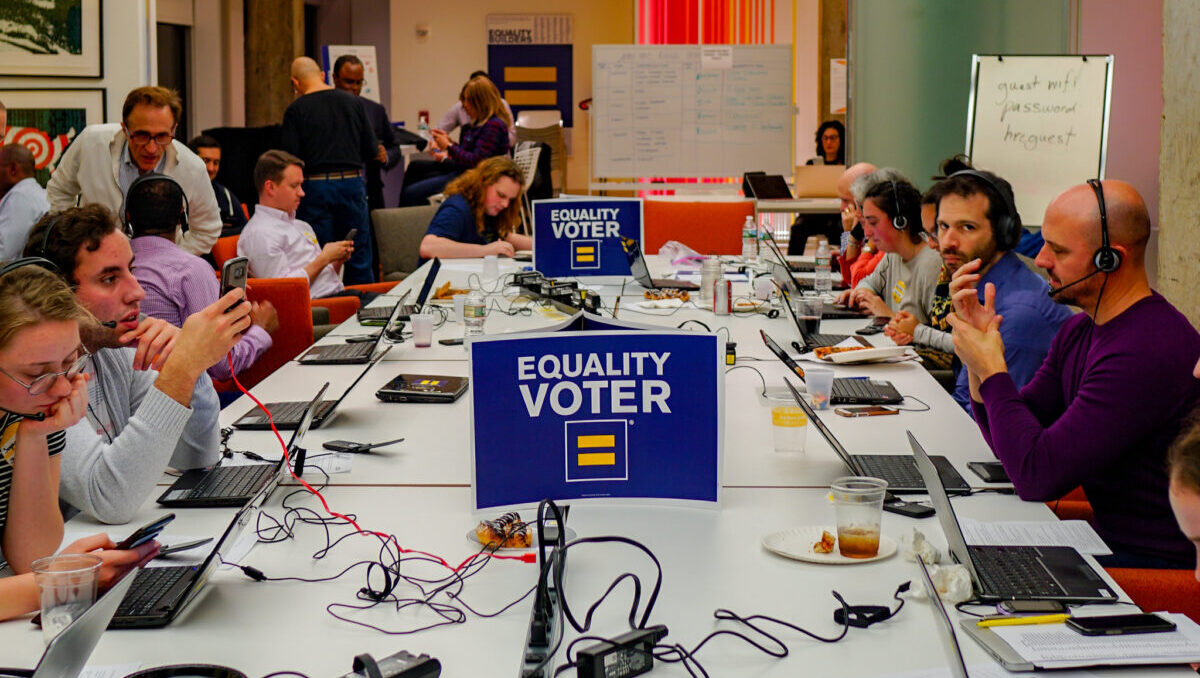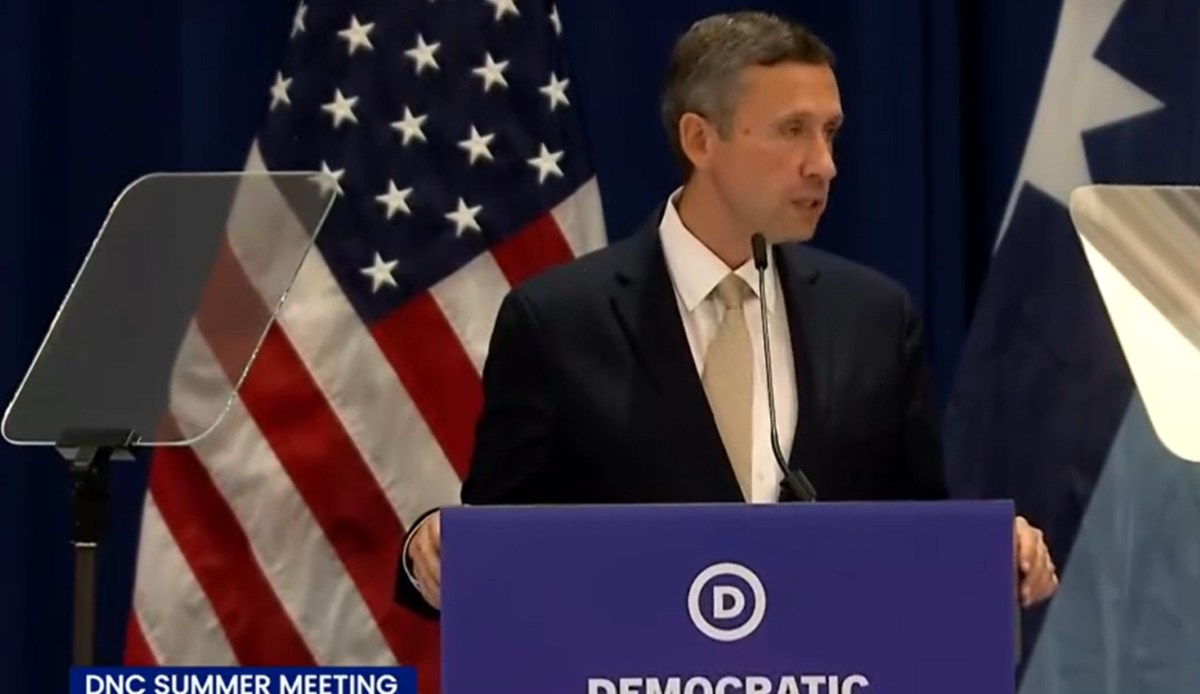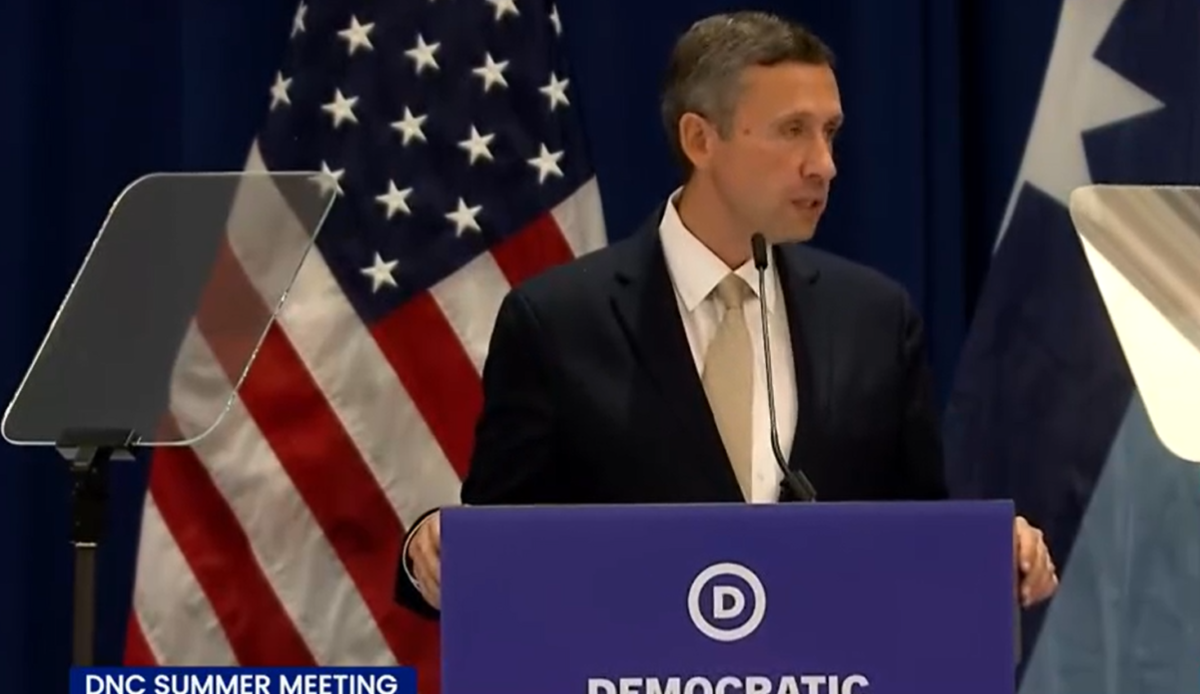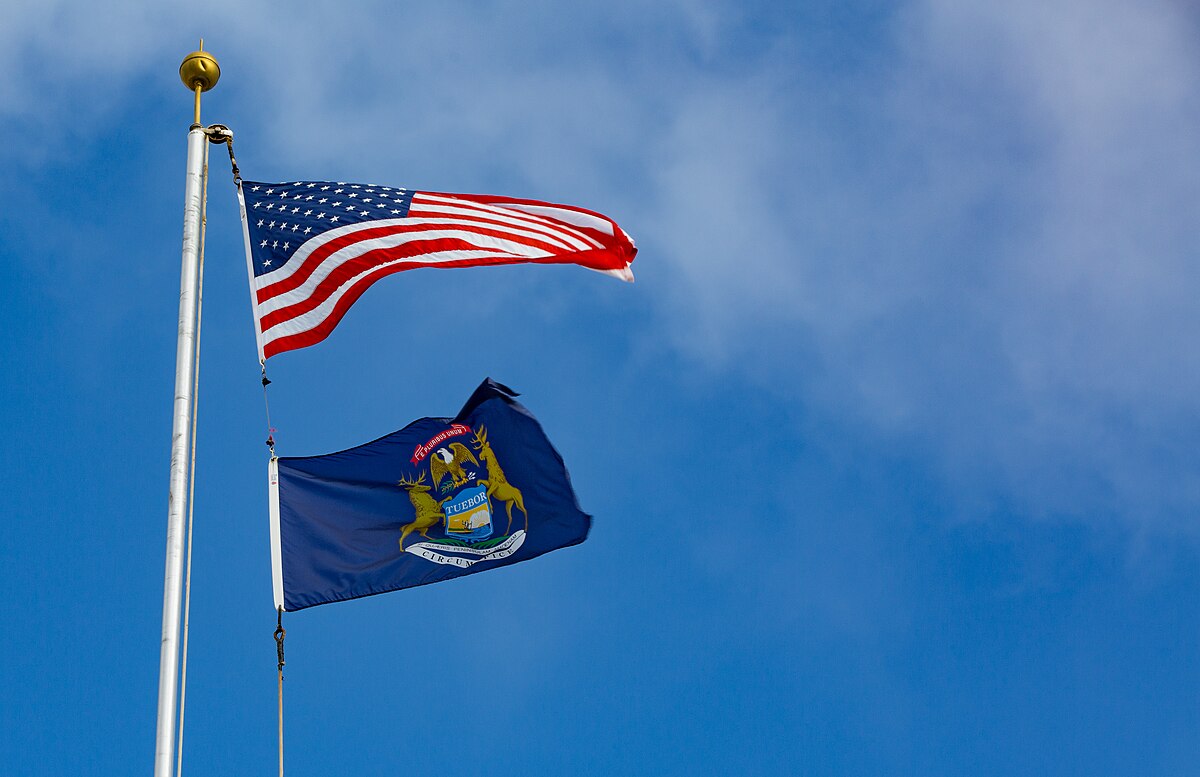A recent report by The New York Times raises concerns about the legality of voter outreach efforts by Democratic-aligned organizations, suggesting they may have violated IRS rules regarding political activity by tax-exempt nonprofits.
The Times detailed how these organizations, while claiming to be nonpartisan, have focused on registering voters from demographic groups traditionally leaning Democratic, including Black, Latino, and younger voters. Critics argue this strategy undermines the spirit of tax-exempt status, which prohibits biased voter registration efforts.
According to the Times, the Democratic Party has utilized a network of nonprofits to solicit donations without disclosing donor identities, effectively circumventing political contribution limits while benefiting from tax breaks. This has raised questions about whether these organizations are genuinely nonpartisan or merely vehicles for Democratic voter mobilization.
“Though the groups are technically nonpartisan, the underlying assumption has been that most new voters registering would vote Democratic,” the Times reported, highlighting a potential bias in their outreach efforts.
Ben Weingarten, editor at large for RealClearInvestigations, noted that the implications of these findings are significant. “Using charitable organizations to turn out Democratic voters represents a tax-advantaged way for wealthy donors to evade limits on political contributions,” he said.
One prominent organization mentioned is the Voter Participation Center, which has solicited millions of ballot applications in key swing states. Its CEO, Tom Lopach, defended the organization’s efforts, stating, “We focus on targeting underrepresented voting-eligible Americans.”
Another group, the Everybody Votes Campaign, has reportedly raised over $190 million from major Democratic donors and unions from 2016 to 2021. Its executive director, Nellie Sires, emphasized the importance of their mission, saying, “We aim to close the voter registration gap in communities of color.”
However, the Times report suggests that such organizations may have acted disingenuously, using euphemistic language to mask partisan activities. Critics argue that this approach reflects a troubling view that individuals’ political affiliations can be reduced to their demographic characteristics.
The analysis also points to a 2020 study by a Democratic Super PAC, which found that focusing on underrepresented groups through 501(c)(3) organizations could be significantly more effective for Democratic victories compared to traditional campaign methods.
As the Democratic Party navigates the complexities of voter registration and mobilization, questions remain about the future of these nonprofit organizations and whether they will face increased scrutiny from authorities regarding their compliance with IRS regulations. The ongoing debate highlights the tension between political strategy and adherence to legal standards in the realm of voter outreach.
The implications of these findings could reshape how both parties approach voter mobilization efforts in the upcoming elections, particularly as they seek to engage diverse demographic groups while adhering to legal requirements.
READ ICE Arrests Convicted Criminals in Nationwide Operation



